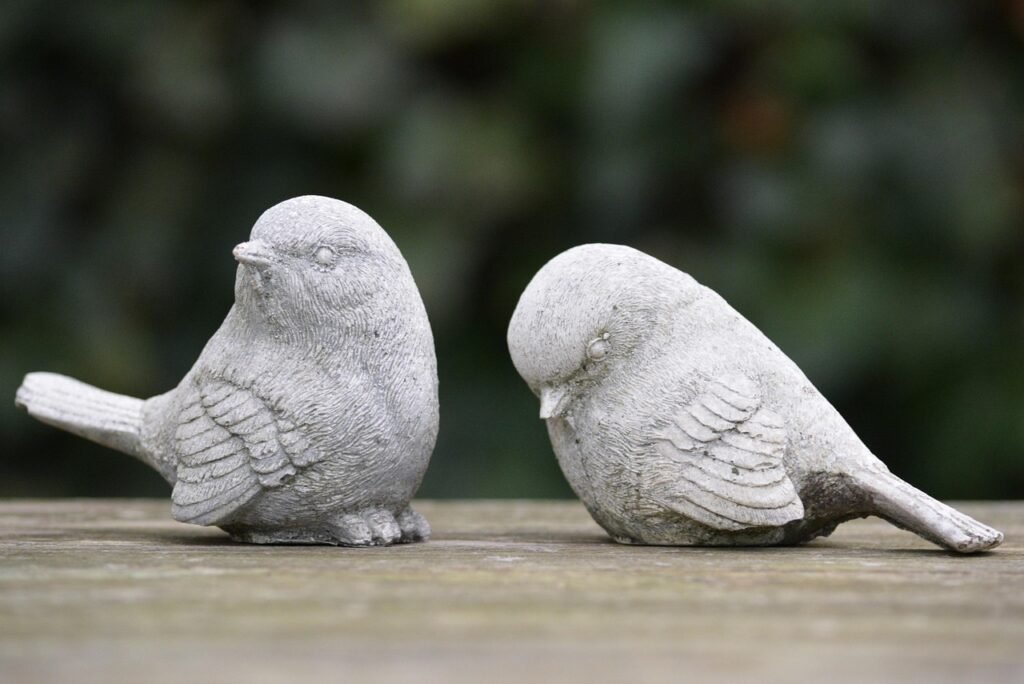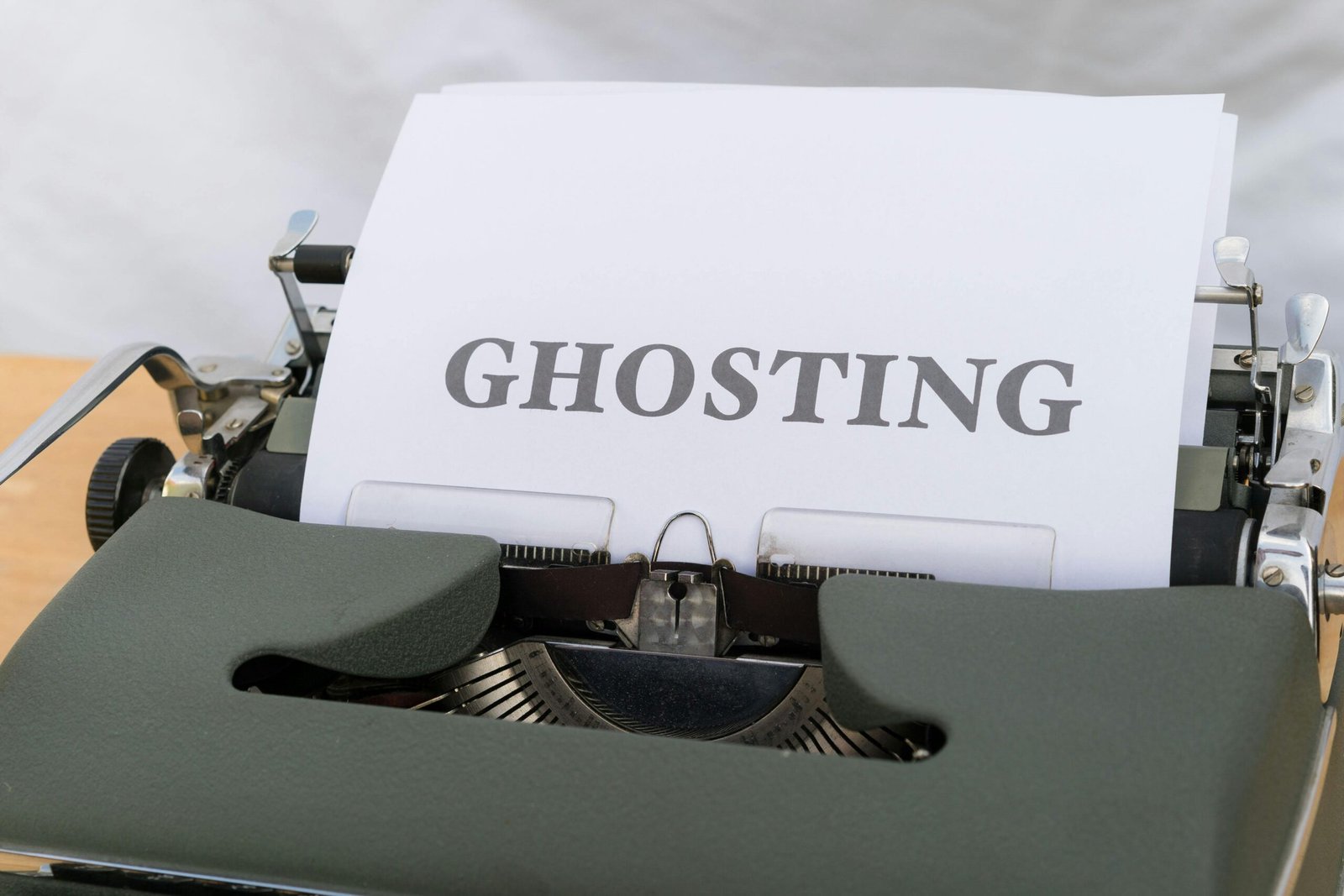Being ghosted is one of the most painful experiences in modern dating. One day, you’re texting, vibing, and making plans; the next, you’re left wondering what went wrong. The sudden silence often shakes your trust—not only in the person who ghosted you but in your ability to navigate future relationships.
This guide will walk you through how to rebuild trust in dating after being ghosted and give you the tools to protect your heart while staying open to new connections. Let’s take the power back from ghosting and build stronger, healthier relationships moving forward.
In case if u wanna know, Is There a Difference Between Ghosting and Simply Loosing Touch? Then check that also. In today’s fast-paced, digital-first world, it can be hard to tell the difference between someone who’s intentionally vanishing and someone who’s just drifting out of touch. While ghosting can feel like a gut punch, sometimes people really do get caught up in life. This guide breaks down the key differences, helping you navigate relationships with clarity and confidence on ghosting-related issues
Why Does Ghosting Happen in the First Place?
Ghosting isn’t always about you—it’s often a reflection of where the other person is emotionally. People ghost because they fear confrontation, lack emotional maturity, or simply don’t know how to express disinterest. In the age of swipe culture, disappearing feels easier than explaining.
There’s a difference between emotional unavailability and intentional avoidance. Some people aren’t ready to connect deeply, while others use ghosting as a quick escape route from vulnerability. Either way, their silence speaks more about their limitations than your worth.
The most important thing to remember? Ghosting is rarely about something you did wrong. It’s about the other person’s inability to communicate. Don’t take it as a personal failure—it’s simply a sign that they weren’t the right fit for you.
The Emotional Impact of Being Ghosted
Getting ghosted doesn’t just hurt—it hits your self-esteem in places you didn’t expect. You start wondering, “Was I too much? Not enough?” That silence creates a loop of self-doubt and insecurity that can mess with your confidence in dating.
It also triggers anxiety and trust issues. If someone can disappear without warning, how do you trust the next person won’t do the same? That fear can carry into future conversations, making it harder to open up or stay relaxed with new people.
This is where emotional validation matters. You don’t need someone else to explain why they left. What you do need is to remind yourself that your feelings are real, valid, and deserve space. Ghosting isn’t proof of your flaws—it’s a moment to affirm your strength and grow from it. Here are some things i learnt the hard way.

How to Recover from the Initial Shock of Ghosting
The first reaction to ghosting is often disbelief—followed by confusion, anger, or sadness. It’s okay to feel hurt. Let yourself sit with those emotions instead of brushing them off. Suppressing the pain only delays healing.
Processing your emotions is a critical step. Journal your thoughts, talk to a friend, or just take quiet time for yourself. You’re not weak for feeling shaken—you’re human. Let the emotions pass through you so they don’t stay stuck inside.
Then comes self-care. Rebuild your routine around what makes you feel whole again. Go for a walk, dive into a hobby, binge that comfort show. Healing isn’t about “getting over it”—it’s about reconnecting with your worth and choosing peace over unanswered questions.
Rebuilding Trust: The First Step Is Trusting Yourself
Before you can trust someone new, you have to trust you. That starts by reflecting on what you’re feeling—without turning it into self-blame. Ghosting says more about the other person’s emotional immaturity than it ever will about your worth.
Self-trust is the foundation of every strong relationship. It means believing that you’ll protect your heart, honor your boundaries, and choose people who see your value. That’s power—not just protection.
And when you truly trust yourself, vulnerability becomes less scary. You’re not afraid to open up, because you know you can handle whatever comes next. That’s how trust is rebuilt—from the inside out. Ig
How to Trust Again in Dating After Ghosting
Rebuilding trust doesn’t mean diving in headfirst—it means moving with intention. Start small. Let new people earn your trust through consistency, not just charm. Look for actions, not just words.
Set clear boundaries early on. Let them know what you value in communication and how you expect to be treated. Boundaries aren’t walls—they’re invitations for the right people to treat you with care.
Take it slow. There’s no rush. Real trust is built over time, not in a few flirty texts. When you move steadily and stay grounded, you protect your heart and give love a real chance to grow. To know more about rebuilding trust.
How to Protect Your Heart While Rebuilding Trust
Protecting your heart isn’t about shutting people out—it’s about being intentional with who you let in. When you’ve been ghosted, your instinct may be to put up walls. Instead, try setting clear emotional boundaries.
- Let people know how you expect to be treated
- Don’t rush into vulnerability—share in layers, not all at once
- Take note of how they respond to your needs and communication
Knowing your value means never settling for someone who can’t show up fully. You deserve effort, consistency, and respect. And if you feel like you’re chasing any of those? It’s a red flag.
The earlier you notice red flags, the easier it is to walk away without damage. Trust isn’t just about giving someone a chance—it’s also about knowing when to say no thanks.
How to Date Again Without Fear of Ghosting
Dating again after being ghosted takes guts. But here’s the key: your resilience isn’t about being untouched—it’s about being able to bounce back and still believe in love.
- Be open, but don’t ignore your gut feelings
- Keep your standards high and communication honest
- Choose people who show consistent effort, not just charm
Ghosting says more about them than it ever did about you. It’s often emotional immaturity or fear on their end—not your worth.
Trusting the right people isn’t about being lucky—it’s about being selective. Take your time. Let people earn your trust. And remember, the ones who truly see you won’t disappear.
How to Let Go of the Past and Embrace New Opportunities
Letting go doesn’t mean forgetting—it means freeing yourself to grow beyond it. Holding onto ghosting experiences only traps you in cycles of doubt and hesitation.
- Acknowledge what happened, but don’t let it define you
- Replace “Why did this happen to me?” with “What did I learn?”
- Forgive—not to excuse them, but to unchain yourself from the pain
When you forgive yourself for trusting the wrong person, you make space for someone better. A fresh start isn’t just possible—it’s powerful. You’re not starting from scratch; you’re starting from experience.

Conclusion
Getting ghosted hurts—but it doesn’t have to break you. Rebuilding trust after such an experience is about more than dating again; it’s about rediscovering your worth, setting stronger boundaries, and opening your heart without fear.
Remember: being ghosted is a reflection of them, not you. You deserve someone who chooses communication over silence, honesty over avoidance, and real connection over convenience. The next chapter in your dating life? It’s yours to write—with strength, clarity, and unshakable self-respect. Check out our Instagram for relatable reels, and u can check this one out if u wanna master your flirting skills.
